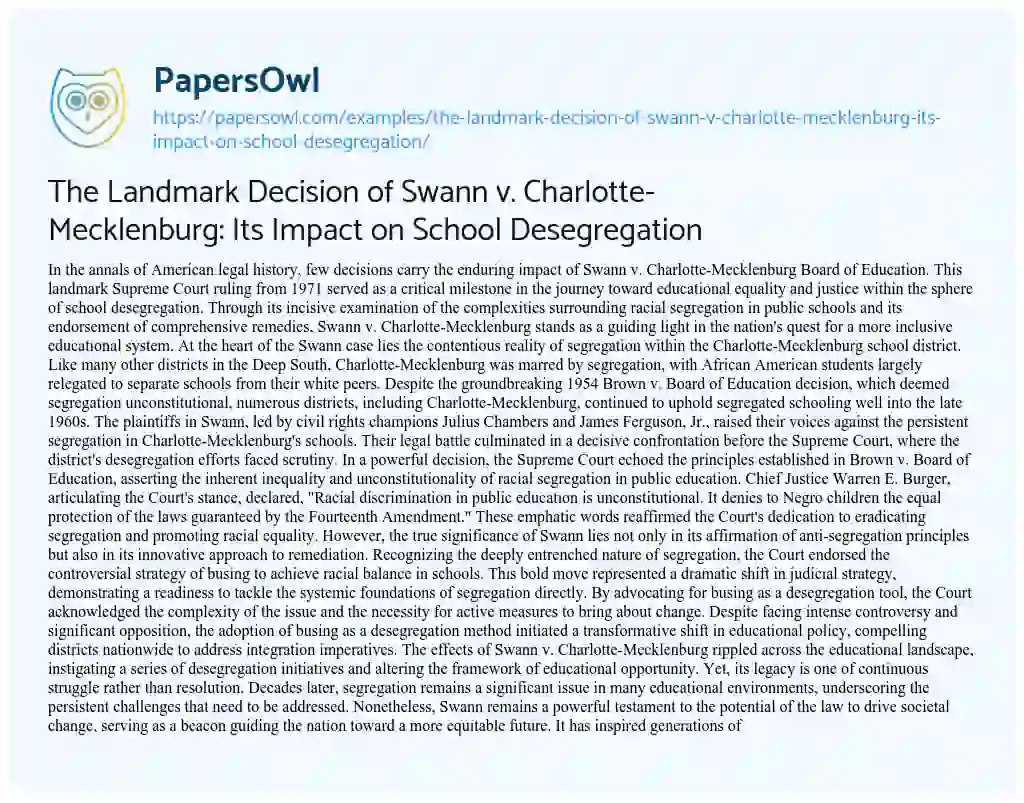The China Factor: How It's Reshaping The Automotive Landscape For BMW, Porsche, And Competitors

Table of Contents
The Rise of Chinese Automakers as Major Competitors
The Chinese automotive industry is experiencing explosive growth, fueled by significant investment in research and development (R&D), particularly in electric vehicle (EV) technology. No longer are Chinese brands simply producing budget-friendly cars; they are now serious competitors, challenging established players like BMW and Porsche on price, technology, and even brand prestige. Companies like BYD, NIO, and Xpeng have garnered significant market share, disrupting the traditional automotive hierarchy.
- Increased investment in R&D and electric vehicle technology: Chinese automakers are aggressively investing in battery technology, autonomous driving systems, and connected car features, rapidly closing the technological gap with their Western counterparts.
- Aggressive pricing strategies and targeted marketing campaigns: Understanding the nuances of the Chinese market, these companies are employing sophisticated marketing strategies, often leveraging social media and e-commerce platforms effectively. Their competitive pricing makes them particularly attractive to budget-conscious consumers.
- Government support and subsidies fostering innovation: Government initiatives and substantial subsidies for the EV sector are further accelerating the growth and innovation of Chinese automakers.
- Focus on domestic market needs and preferences: Chinese brands possess an inherent understanding of the local preferences and demands, providing tailored vehicles that resonate with domestic consumers.
Shifting Global Supply Chains and Manufacturing
China's role as a global manufacturing hub significantly impacts automotive production. Many global automakers rely heavily on Chinese factories for parts sourcing and vehicle assembly, leveraging the cost advantages and economies of scale offered by the country. However, this dependence also presents substantial geopolitical risks.
- Cost advantages and economies of scale: Manufacturing in China offers significant cost savings, impacting the final price of vehicles globally.
- Geopolitical risks and supply chain vulnerabilities: Trade tensions, political instability, and potential disruptions can severely impact supply chains, creating significant challenges for automakers.
- The impact of trade disputes and tariffs: Trade wars and tariffs can dramatically influence the cost of manufacturing and importing vehicles, forcing automakers to adapt their strategies.
- Strategies automakers are employing to mitigate risks (e.g., diversification): To lessen dependence on China, many companies are diversifying their manufacturing locations, exploring alternative sourcing options, and investing in regional production facilities.
Evolving Consumer Preferences and Market Demands in China
The Chinese automotive market is unique, characterized by a rapidly evolving consumer base with distinct preferences. This understanding is critical for global automakers aiming for success in this lucrative region. Consumers are increasingly drawn to electric vehicles, advanced technology, and strong brand reputation.
- Growing demand for electric and hybrid vehicles: China's commitment to reducing emissions has fueled immense growth in the EV market, driving innovation and shaping consumer choices.
- Preference for technologically advanced features: Chinese consumers are early adopters of technology, demanding advanced features such as autonomous driving capabilities, connected car services, and sophisticated infotainment systems.
- The influence of social media and online reviews: Social media plays a significant role in shaping purchase decisions, influencing brand perception and consumer loyalty.
- The importance of brand reputation and luxury appeal: While price is a factor, Chinese consumers are increasingly willing to pay a premium for established luxury brands and high-quality vehicles.
Strategic Responses from BMW, Porsche, and Other Global Players
To navigate "The China Factor," global automakers like BMW and Porsche are implementing diverse strategies, from localization to strategic partnerships. Adapting to the evolving market is essential for long-term success.
- Localized product development and customization: Tailoring vehicles to meet the specific demands and preferences of the Chinese market is crucial for competitiveness.
- Joint ventures and partnerships with Chinese companies: Collaborating with local companies offers access to expertise, distribution networks, and a deeper understanding of the market.
- Investment in electric vehicle infrastructure and charging networks: Supporting the development of charging infrastructure is vital to address range anxiety and encourage EV adoption.
- Focus on building brand loyalty and enhancing customer experience: Providing exceptional customer service and building a strong brand reputation are essential for securing long-term success.
Conclusion
The China factor has irrevocably reshaped the global automotive landscape. The rise of Chinese automakers, the shifting dynamics of global supply chains, and the unique preferences of Chinese consumers are forcing established players to adapt and innovate at an unprecedented pace. Understanding China's impact on the automotive market is crucial for anyone involved in or interested in the future of the automotive industry. Stay informed about this rapidly evolving landscape to gain a competitive edge. The influence of China's automotive sector will continue to shape the industry's trajectory for years to come.

Featured Posts
-
 Lotto 6aus49 Die Gewinnzahlen Vom Dienstag Den 12 April 2025
May 02, 2025
Lotto 6aus49 Die Gewinnzahlen Vom Dienstag Den 12 April 2025
May 02, 2025 -
 Arc Raider Tech Test 2 Console Players Invited Sign Up Now
May 02, 2025
Arc Raider Tech Test 2 Console Players Invited Sign Up Now
May 02, 2025 -
 Justice Departments Decision The Future Of School Desegregation
May 02, 2025
Justice Departments Decision The Future Of School Desegregation
May 02, 2025 -
 Mecsek Baromfi Kft Kivalo Minosegu Kme Vedjegyes Baromfi Termekek
May 02, 2025
Mecsek Baromfi Kft Kivalo Minosegu Kme Vedjegyes Baromfi Termekek
May 02, 2025 -
 Liverpools Transfer Plans Assessing The Frimpong And Elliott Situations
May 02, 2025
Liverpools Transfer Plans Assessing The Frimpong And Elliott Situations
May 02, 2025
